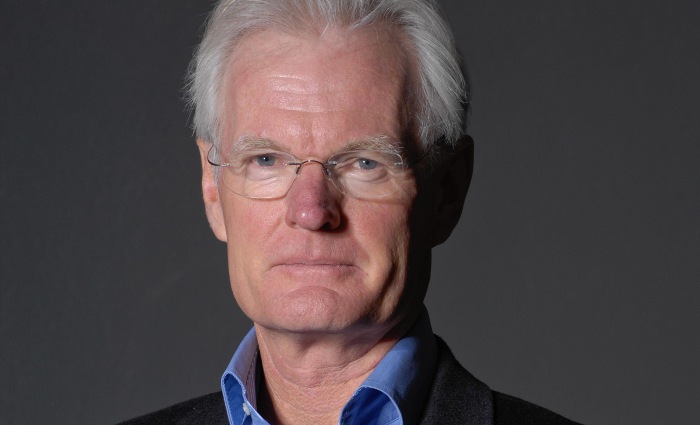
Former Blue Star controlling shareholder Tom Sturgess took control of the company on 1 January in partnership with Australian private equity firm Mercury Capital.
The deal included the operating assets and liabilities but not the bond debt. That confirmed Blue Star's forecast from six months earlier that the bondholders who signed off on a bailout in 2011 looked likely to be left with nothing.
Stockbroker Michael Warrington of Chris Lee & Partners said the deal had done nothing to change his mind that bondholders had been poorly treated by Blue Star management.
"Bondholders are not going to get any money back, so you can draw your own conclusions," he told ProPrint.
Blue Star recently released its 2011-12 annual report, which revealed a NZ$291 million ($232.4 million) gap between the NZ$75.6 million profit it forecast before the bailout and the NZ$216 million loss it actually delivered. That optimistic forecast helped Blue Star secure a narrow win when bondholders voted on the bailout.
One early bondholder said: "The bondholders who signed up to support the management of Blue Star will get nothing.
"It should be noted that [Sturgess] was part of the management team from the very beginning and sold the initial bonds to the bondholders, and that the management team that is likely to continue to run Blue Star were in key positions to influence this outcome."
[Related: Blue Star opens Webstar NZ site]
New Zealand Shareholders Association chairman John Hawkins accused Sturgess of profiting from Blue Star's demise, after offloading the company to Champ Private Equity in 2006 for a high price and then buying it back for what he presumed was less. He was also critical that Sturgess had not contributed to the 2011 bailout, despite being on the Blue Star board.
"It's turned out exactly how I expected it would turn out – zilch for the bondholders and a good deal for some of the people that got them into the mess in the first place," said Hawkins.
Sturgess told ProPrint that Blue Star's management had acted honourably in recommending the bailout, because it appeared to offer the best possible return for the company and bondholders. He added that bondholders would not have done any better in a liquidation, which he said was the only other alternative.
Sturgess also defended his decision not to contribute to the bailout: "I don't make minority investments, and at the time it didn't look like an attractive proposition."
He also said any contribution would have been pointless as only a massive injection of cash could have turned around Blue Star.
"I understand why bondholders are upset, but it was a business investment [they made] and not every business investment succeeds," he said.
[Related: Ups and downs of Blue Star]
Comment below to have your say on this story.
If you have a news story or tip-off, get in touch at editorial@sprinter.com.au.
Sign up to the Sprinter newsletter
